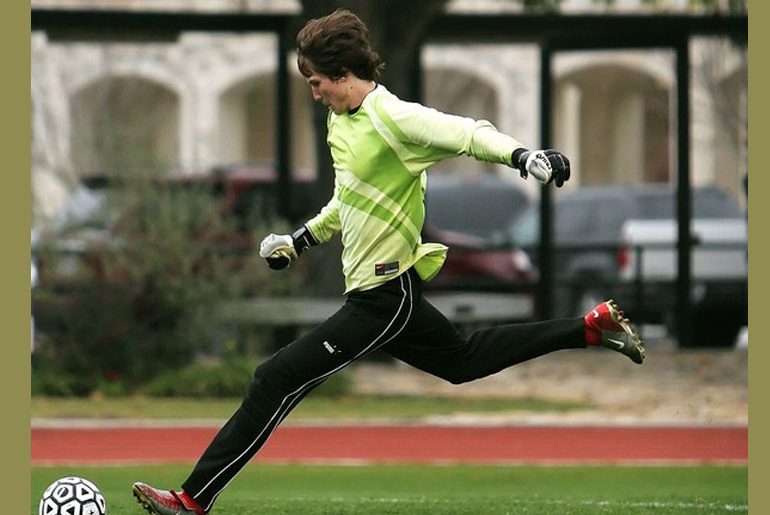The early detection of Parkinson’s disease (PD) involves identifying risk factors, and research has shown a historical association between PD and parkinsonism with activities like boxing and repetitive head hits in tackle football. Researchers from the BU CTE Centre conducted a comprehensive study using a large online dataset of individuals concerned about PD, aiming to uncover the relationship between playing football and the likelihood of being diagnosed with parkinsonism or PD.
The study involved 1,875 participants, including 729 men who played football and 1,146 men engaged in non-football sports, serving as a control group. The participants were part of Fox Insight, an online study sponsored by The Michael J. Fox Foundation for Parkinson’s Research. The analysis revealed a significant finding: individuals with a history of participating in organized tackle football had 61% higher odds of receiving a diagnosis of parkinsonism or PD. Importantly, this association remained even after considering known PD risk factors.
The study’s strengths include its comparison of football players with other athletes, rather than solely focusing on professional players. Most participants had engaged in amateur-level tackle football, distinguishing this study from previous research that concentrated on professional athletes. The researchers emphasized the increased odds of parkinsonism or PD diagnosis among football players who had longer careers and participated at higher levels of competition. Notably, the age of first exposure to football did not affect the odds of parkinsonism or PD diagnosis in this study.
“Playing tackle football could be a contributing risk factor to PD, particularly among people already at risk due to other factors (e.g., family history). However, the reasons for this relationship are not clear and we also know that not everyone who plays tackle football will develop later-life neurological conditions, meaning many other risk factors are at play,” says corresponding author Michael L. Alosco, PhD, associate professor of neurology at Boston University Chobanian & Avedisian School of Medicine.
The results underscore the potential link between playing football, particularly at higher levels, and an elevated risk of developing parkinsonism or PD. This study contributes to the growing body of research addressing the long-term neurological consequences of contact sports and highlights the importance of considering various factors in the development of neurodegenerative diseases like Parkinson’s.
“Previous research has focused on the association between American football and risk for CTE. However, similar to what has historically been seen in boxers, American football might also affect risk for other neurodegenerative conditions such as PD,” says Hannah Bruce, MSc, first author and research specialist at Boston University Chobanian & Avedisian School of Medicine.
Disclaimer:
The information contained in this article is for educational and informational purposes only and is not intended as a health advice. We would ask you to consult a qualified professional or medical expert to gain additional knowledge before you choose to consume any product or perform any exercise.







